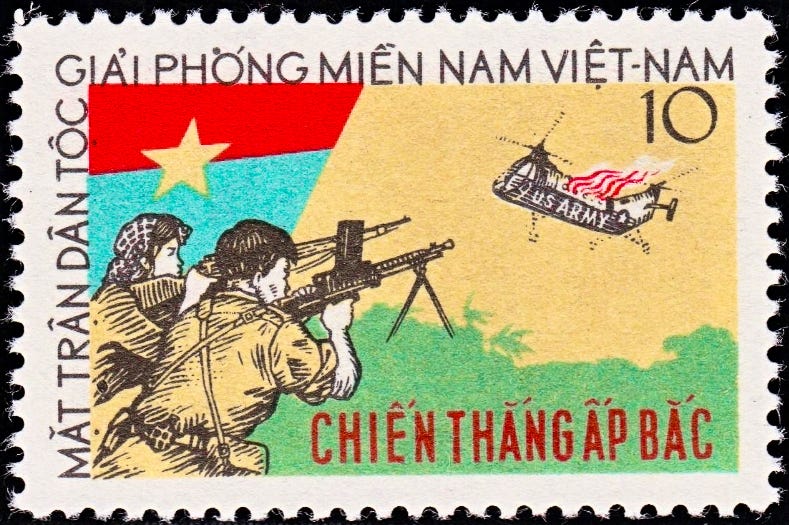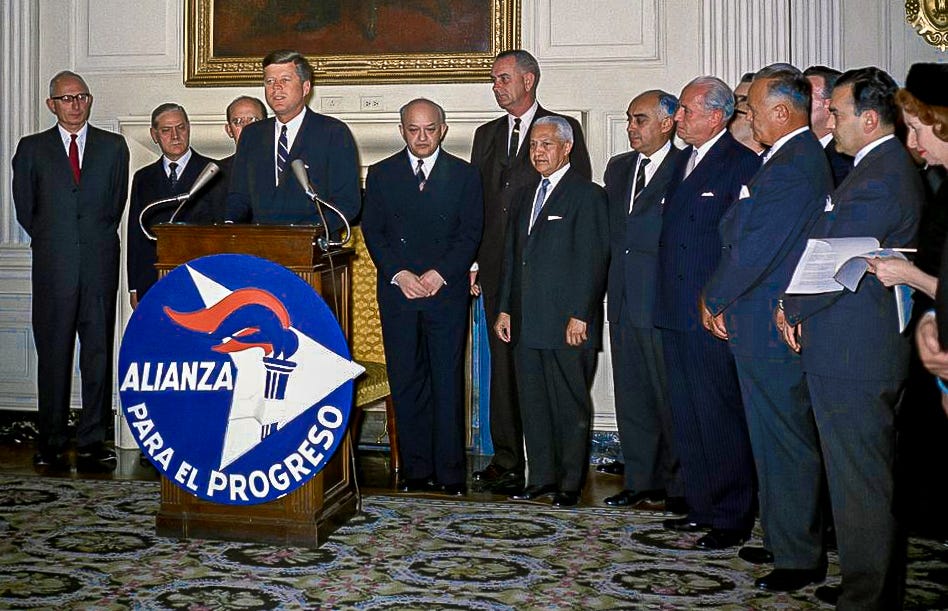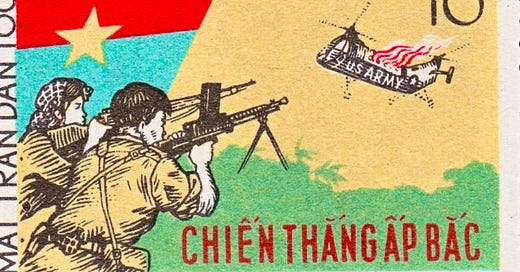November 20, 1963: JFK's Cabinet Schemes Against Him on Vietnam
Behind his back, President Kennedy’s withdrawal plans are rewritten

As we near the 60th anniversary of the assassination of President John F. Kennedy, JFK Facts is looking back at key moments in the lead-up to JFK’s killing.
Nov. 20, 1963, was a typically busy day in the life of a president. John F. Kennedy’s Wednesday agenda included engagements from morning to night, beginning with a legislative leaders breakfast and ending with a judicial reception he hosted with the First Lady. Before lunch, the president met with the Inter-American Symposium Committee, an extension of his Alliance for Progress, designed to strengthen ties between North and South America.

The Vietnam policy was not on his schedule, but it was on the agenda of top members of his National Security Council. They were convening at Camp Smith in Honolulu to discuss the unfolding crisis in Vietnam, where the U.S.-backed government seemed to be falling apart. A military coup in Saigon on Nov. 2 had resulted in the assassination of U.S.-allied President Ngô Đình Diệm and his brother and top aide Ngô Đình Nhu.
See JFK Facts story: November 2, 1963: Coup d’Etat in South Vietnam
The meeting in Hawaii included virtually every important official involved in making U.S. policy in Southeast Asia: Vice President Lyndon Johnson; Secretary of State Dean Rusk; Defense Secretary Robert McNamara; Joint Chiefs of Staff (JCS) Chairman Gen. Maxwell Taylor; National Security Advisor McGeorge Bundy; CIA Director John McCone; CIA Far East Division Chief William Colby; Under Secretary of State for Political Affairs Averell Harriman; Commander-in-Chief Pacific (CINCPAC) Adm. Harry Felt; Commander of the Military Advisory Command, Vietnam, Gen. Paul Harkins; and U.S. Ambassador to Vietnam Henry Cabot Lodge.
As a group, their views diverged sharply from the president’s. Bundy’s role was especially important.
Keep reading with a 7-day free trial
Subscribe to JFK Facts to keep reading this post and get 7 days of free access to the full post archives.



